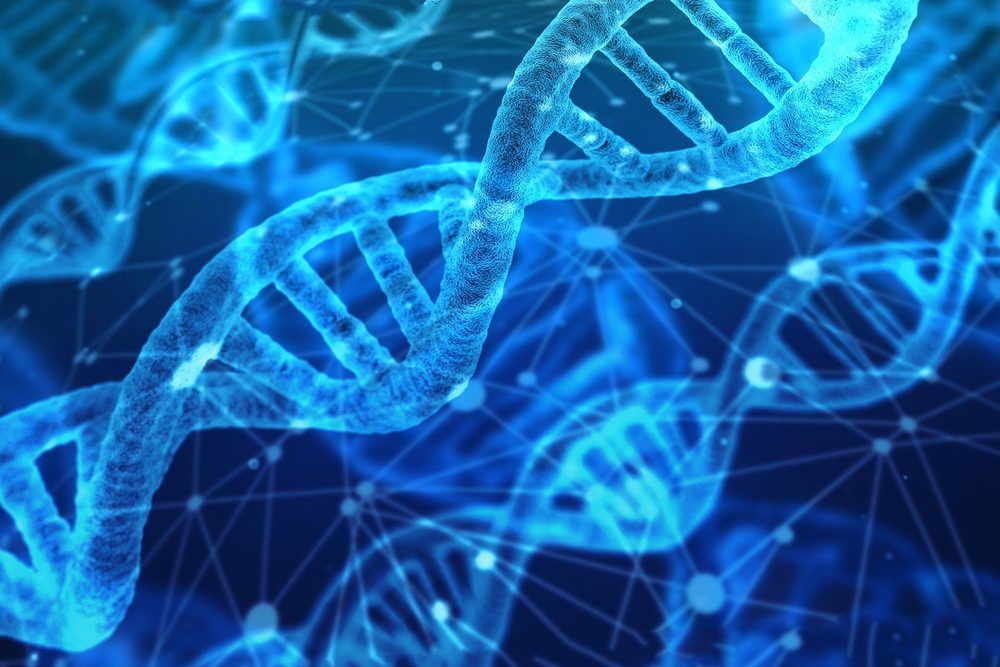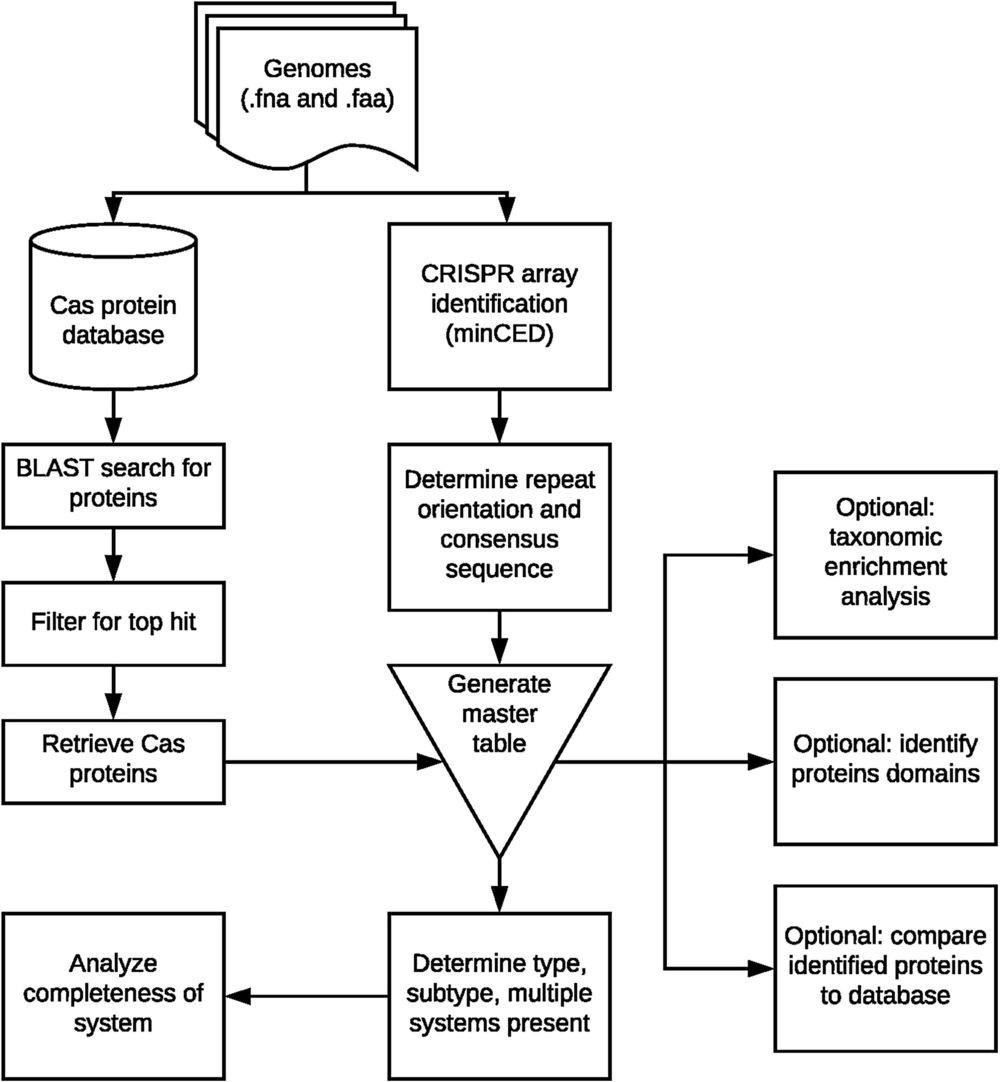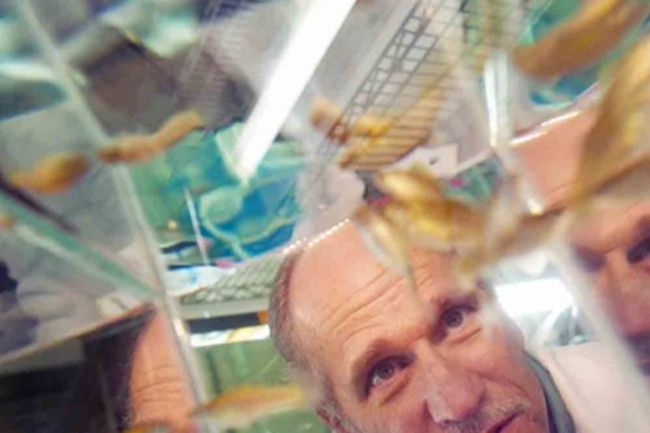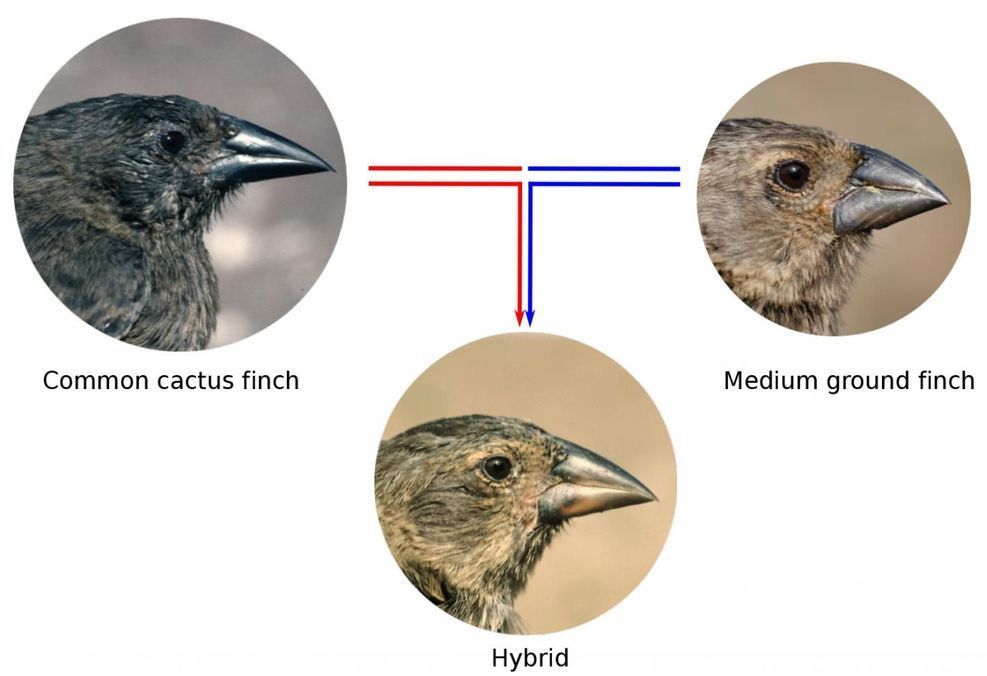Maximizing the protection of life on Earth requires knowledge of the global patterns of biodiversity at multiple dimensions, from genetic diversity within species, to species and ecosystem diversity. Yet, the lack of genetic sequences with geographic information at global scale has so far hindered our ability to map genetic diversity, an important, but hard to detect, biodiversity dimension.
In a new study, researchers from the Universities of Copenhagen and Adelaide have collected and georeferenced a massive amount of genetic data for terrestrial mammals and evaluated long-standing theories that could explain the global distribution of genetic diversity. They found that regions of the world rich in deep evolutionary history, such as Northern Andes, the Eastern Arc Mountains, Amazonia, the Brazilian Atlantic forest, the central America jungles, sub-Saharan Africa and south-eastern Asia are also strongholds of genetic diversity. They also show that the relatively stable climate in these regions during the past 21’000 years contributes significantly to this intraspecific richness.
“Genetic diversity within species is a critical component of biodiversity, playing two important roles at the same time. It reflects species evolutionary history and defines their capacity to adapt under future environmental change. However, and despite the predictions of major biodiversity theories, the actual global distribution of genetic diversity remained, so far, a mystery. Recent collective efforts to populate public databases with genetic sequences and their localities allowed us to evaluate these theories and generate the first global maps of genetic diversity in terrestrial mammal assemblages”, says Spyros Theodoridis, Postdoctoral Researcher at the Center for Macroecology, Evolution and Climate, GLOBE Institute, and lead author of the study.






